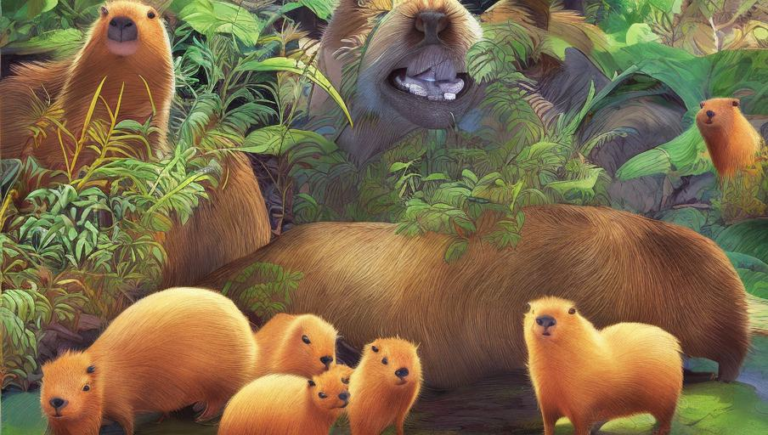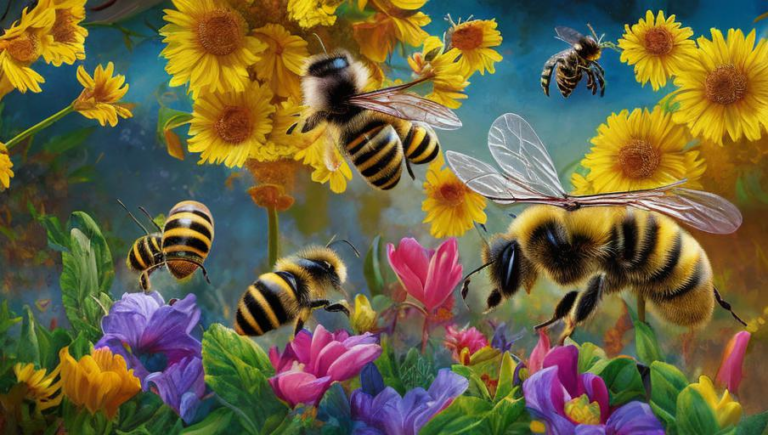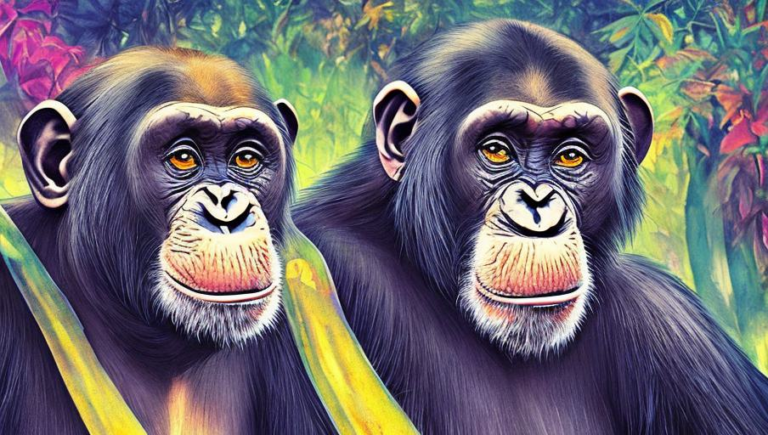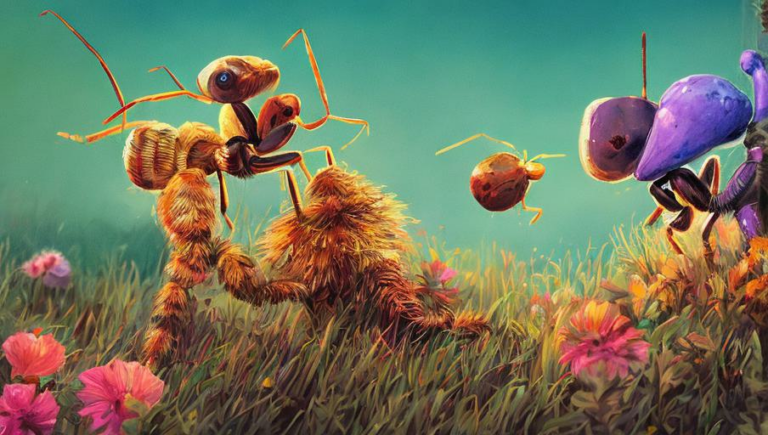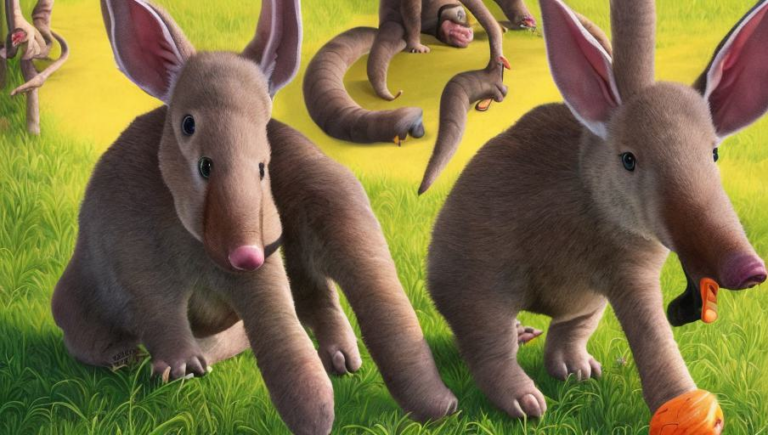Keenly Endangered: The Status of Cranes in the Wild Today
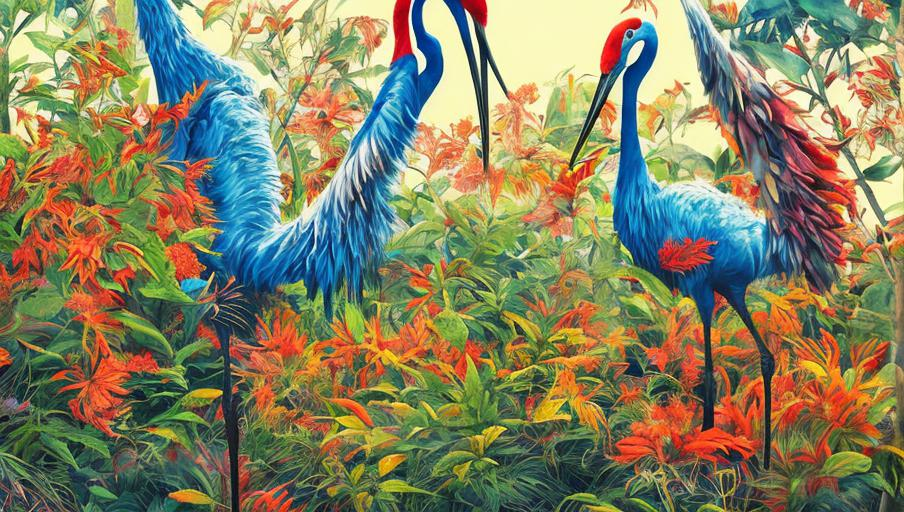
A Look at Cranes
Cranes are large, magnificent birds, belonging to the family Gruidae. There are 15 species of crane that can be found on every continent (except Antarctica), with the exception of South America, where two species can be found. Cranes are omnivorous, meaning they feed on both plant and animal matter, with their diet consisting mostly of insects, small amphibians, reptiles, and grains. They are highly social, forming strong pair bonds and usually living in large, migratory flock.
Threats Facing Cranes
Unfortunately, cranes are facing a number of threats to their survival, including habitat destruction, hunting, and collisions with power lines. Cranes are also often killed for their feathers, which are used for decorations and for traditional ceremonies. As a result, several crane species, including the Siberian Crane, are now critically endangered. Furthermore, climate change is also having a major impact on crane populations, as the birds are highly dependent on wetlands for their survival.
The Role of Conservation
Conservation efforts have been taken to protect cranes and their habitats, including the creation of protected areas, public education, and habitat restoration. Additionally, organizations such as the International Crane Foundation and the African Crane Conservation Programme have been working to protect and restore crane populations. In addition, captive breeding programs have been established to help increase crane numbers, and some species have been successfully reintroduced into the wild.
A Bright Future for Cranes
It is clear that there are still many challenges facing cranes and their populations, but the efforts of conservationists and other organizations have made a difference. With continued protection and restoration of their habitats, cranes can have a bright future. It is up to us to ensure that these incredible birds have the chance to soar in the sky for generations to come.
